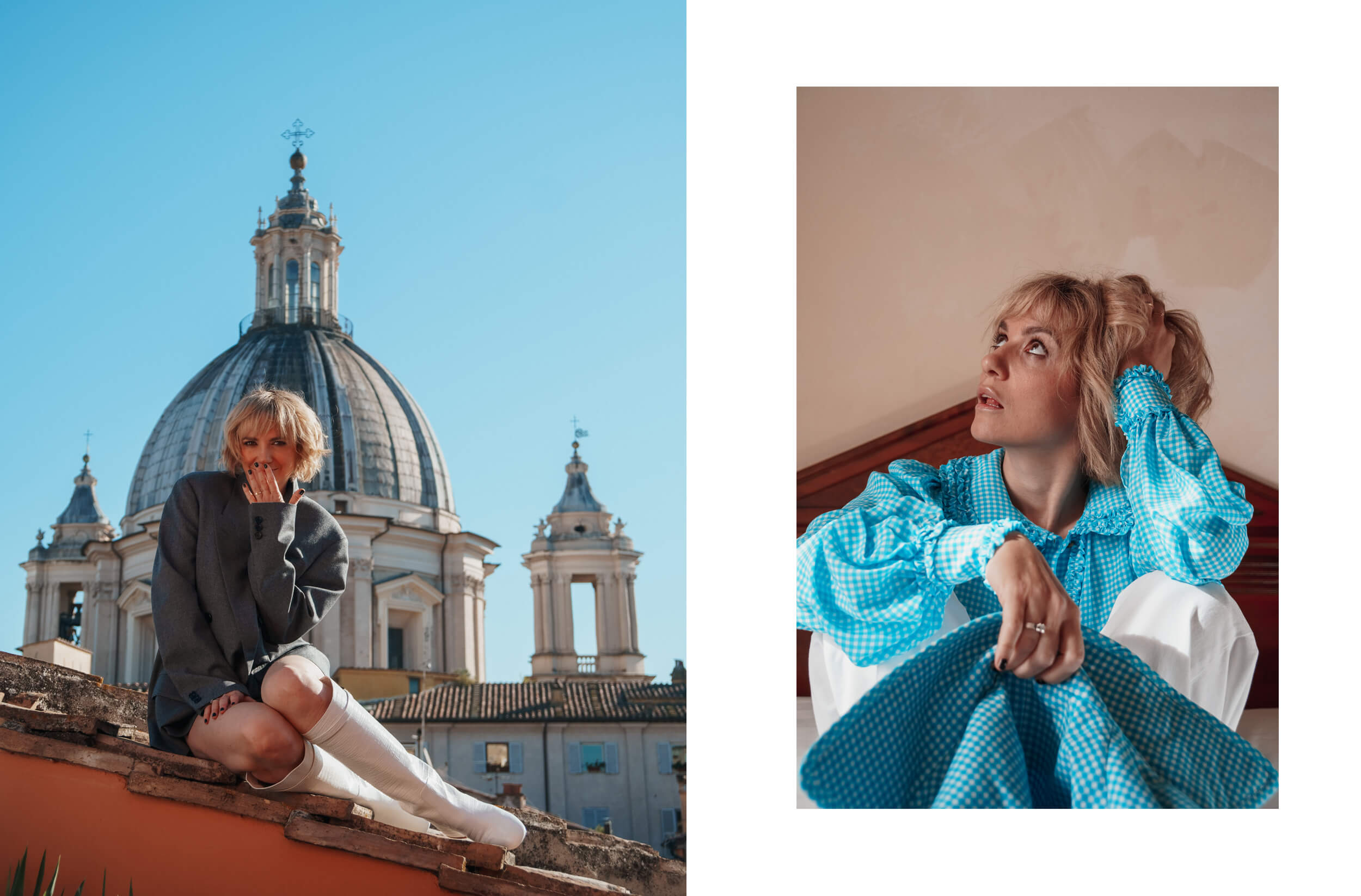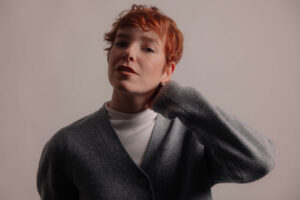If, when you finish reading a book, that book stays with you and you keep going back to it with your thoughts, you know the writer nailed it and it’s a book worth reading.
Reading Camilla Filippi’s debut novel “La sorella sbagliata” (lit. “The Wrong Sister”) does exactly this. It’s one of those punches in the gut that we all “need:” it pushes you to reflect on your choices, on your past, and maybe to reconsider something you felt you had right. We met Camilla on a rooftop (yes, rooftops again) of the Eternal City, and we couldn’t but ask her what pushed her to write this book that “investigates” guilt, sisterhood, and diversity, which by the way, exists only in the eyes of who’s watching. Speaking of limits to overcome as a society and human beings.
What was the origin of “La sorella sbagliata”?
It took origin from a desire to investigate guilt, sisterhood, and diversity as an expression of the eyes of those who are looking at us.
How did you feel when you first saw the printed bound book?
I was emotional and incredulous. I had done it, I had managed to finish it, it was all true. It was a strong self-esteem injection.
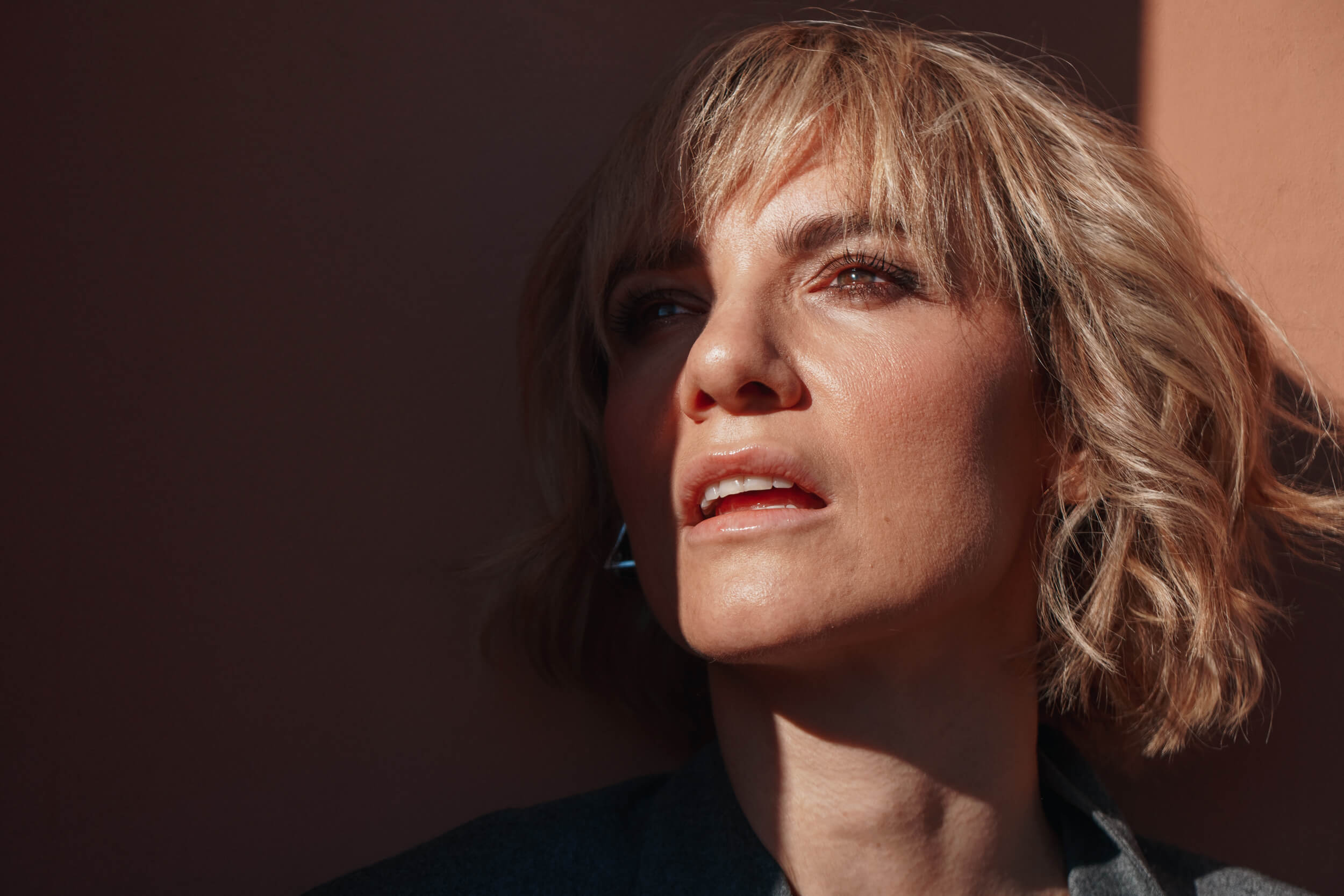
“…to investigate guilt, sisterhood, and diversity as an expression of the eyes of those who are looking at us.”
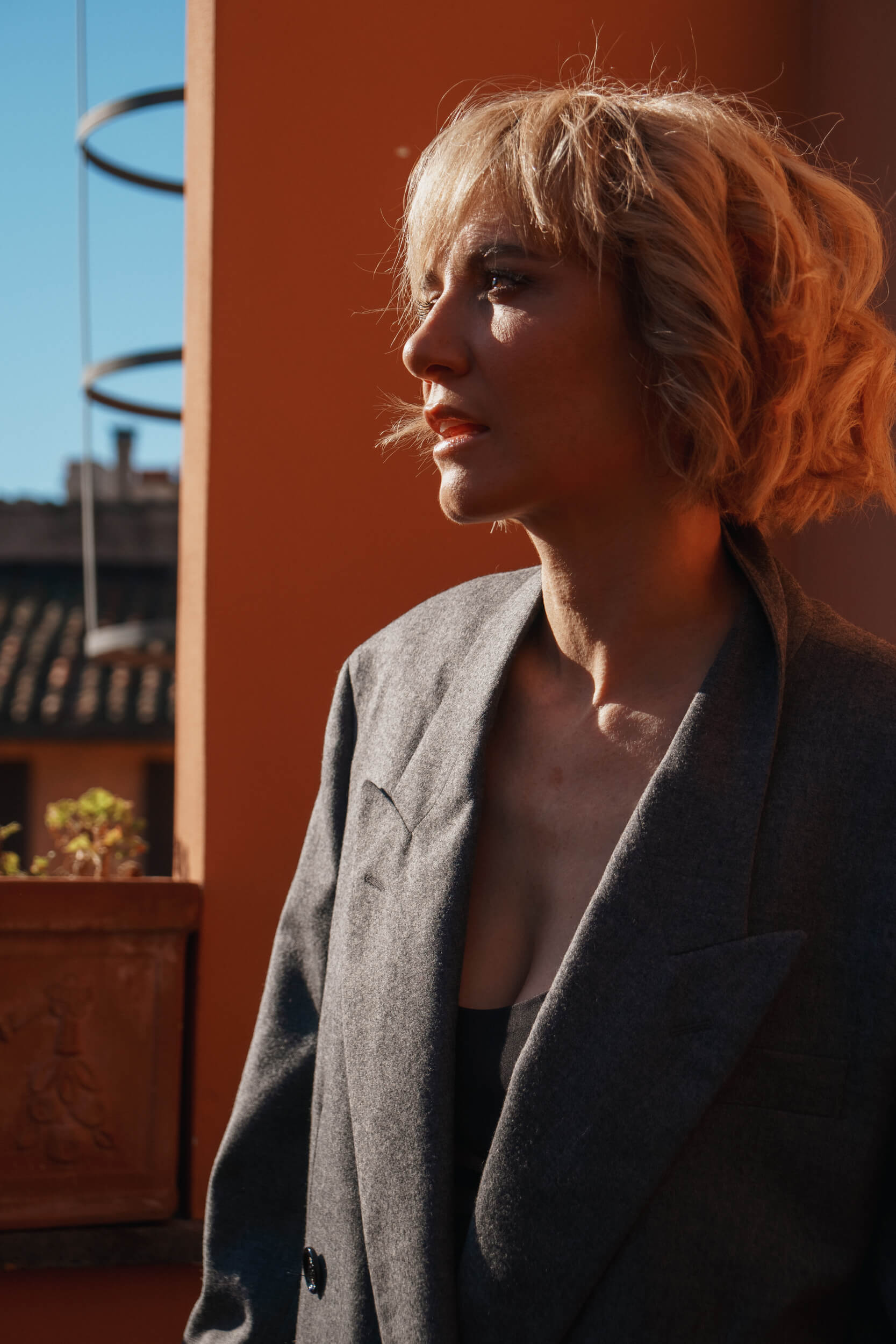
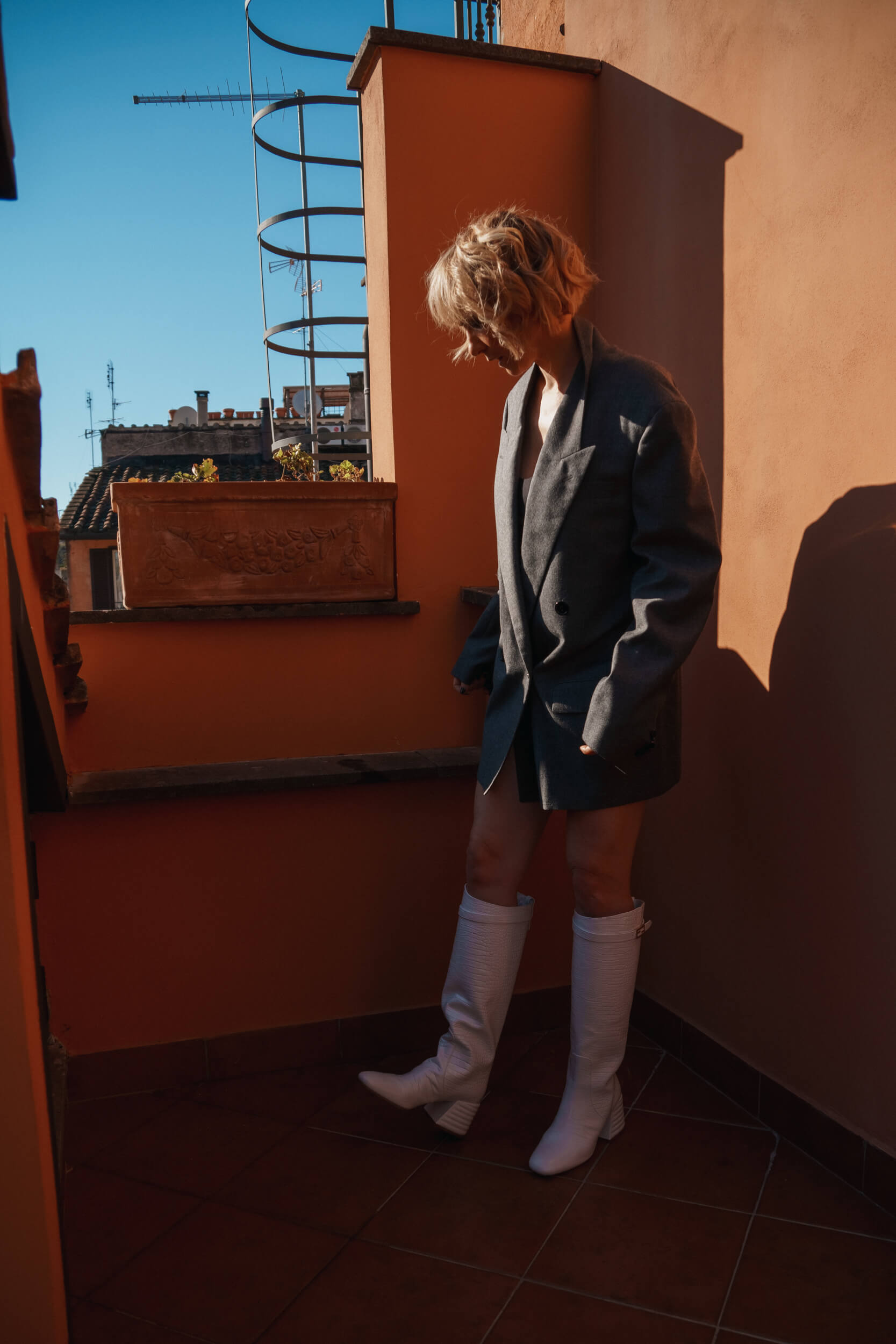
“Every day is a day in which your life could change, and you don’t know whether the change will be positive or negative, but change could happen. This is what some people think, but for many others, every day is a day like any other, instead.” What’s on Camilla’s mind every morning? If you need to change, how do you deal with changes?
It depends on the mornings. There are days in which I’m full of energy, ideas, and others in which I just want to switch off my brain and do nothing, as it happens to many other people, I think. I like changes, both inner changes and those related to more tangible areas, they make me feel alive, they help me give meaning to life. We were born in this world to better ourselves, or at least to try and improve so that we can leave better foundations for future generations to build something on.
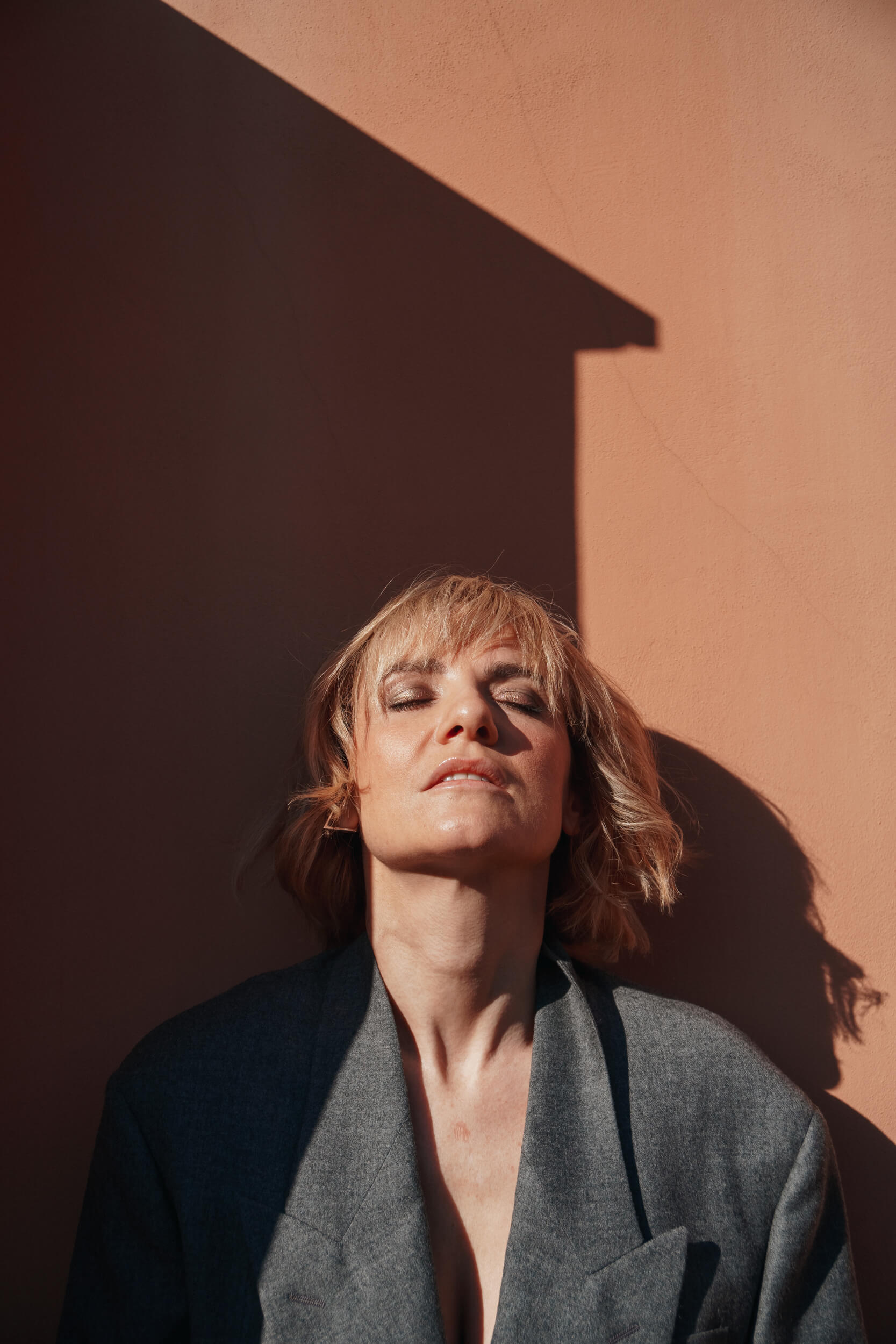
“There are days in which I’m full of energy, ideas, and others in which I just want to switch off my brain…”
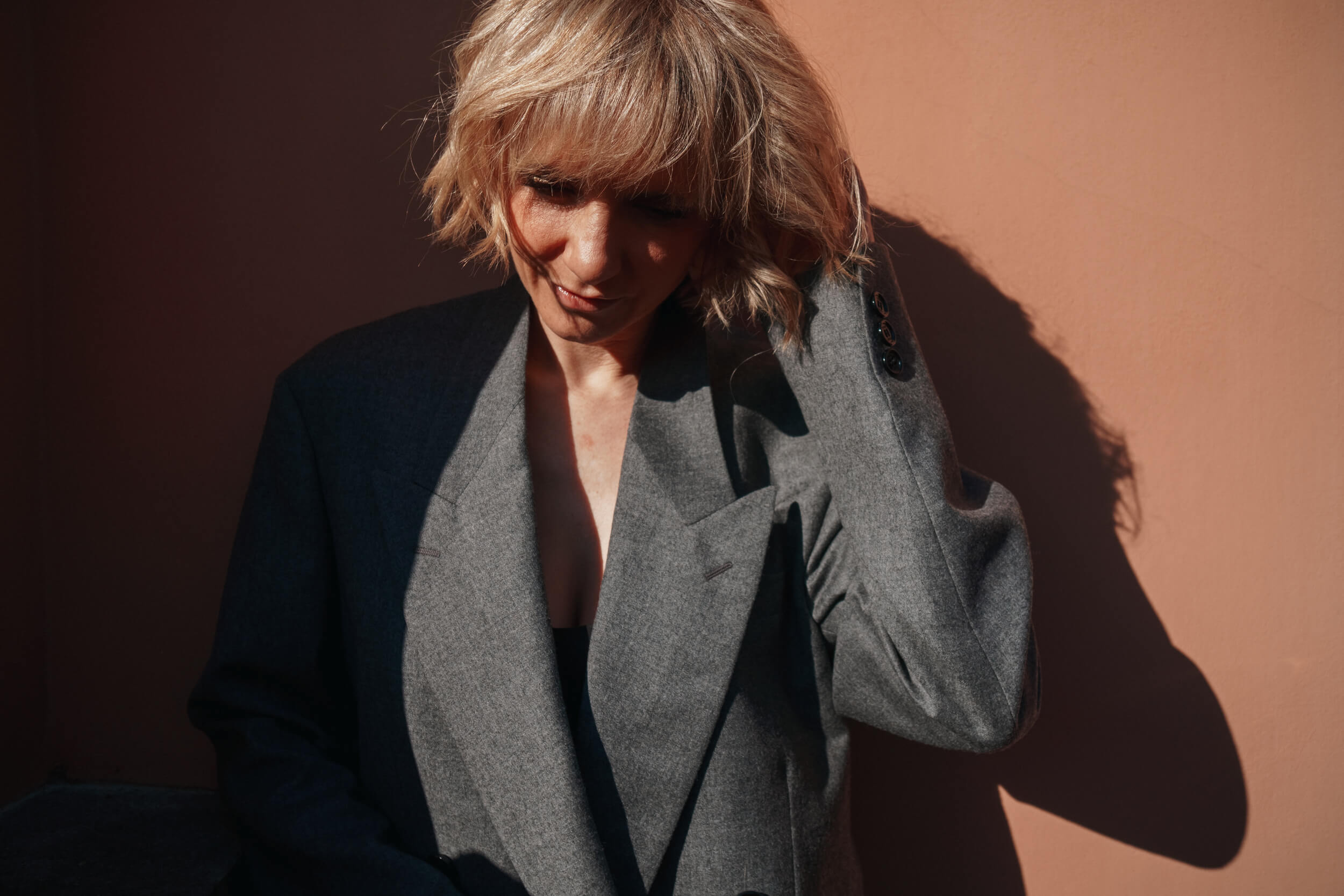
How much of Camilla is there in Luciana and Giovanna?
Above all, there’s the cynicism and the irony, which are vital if you want to overcome difficulties.
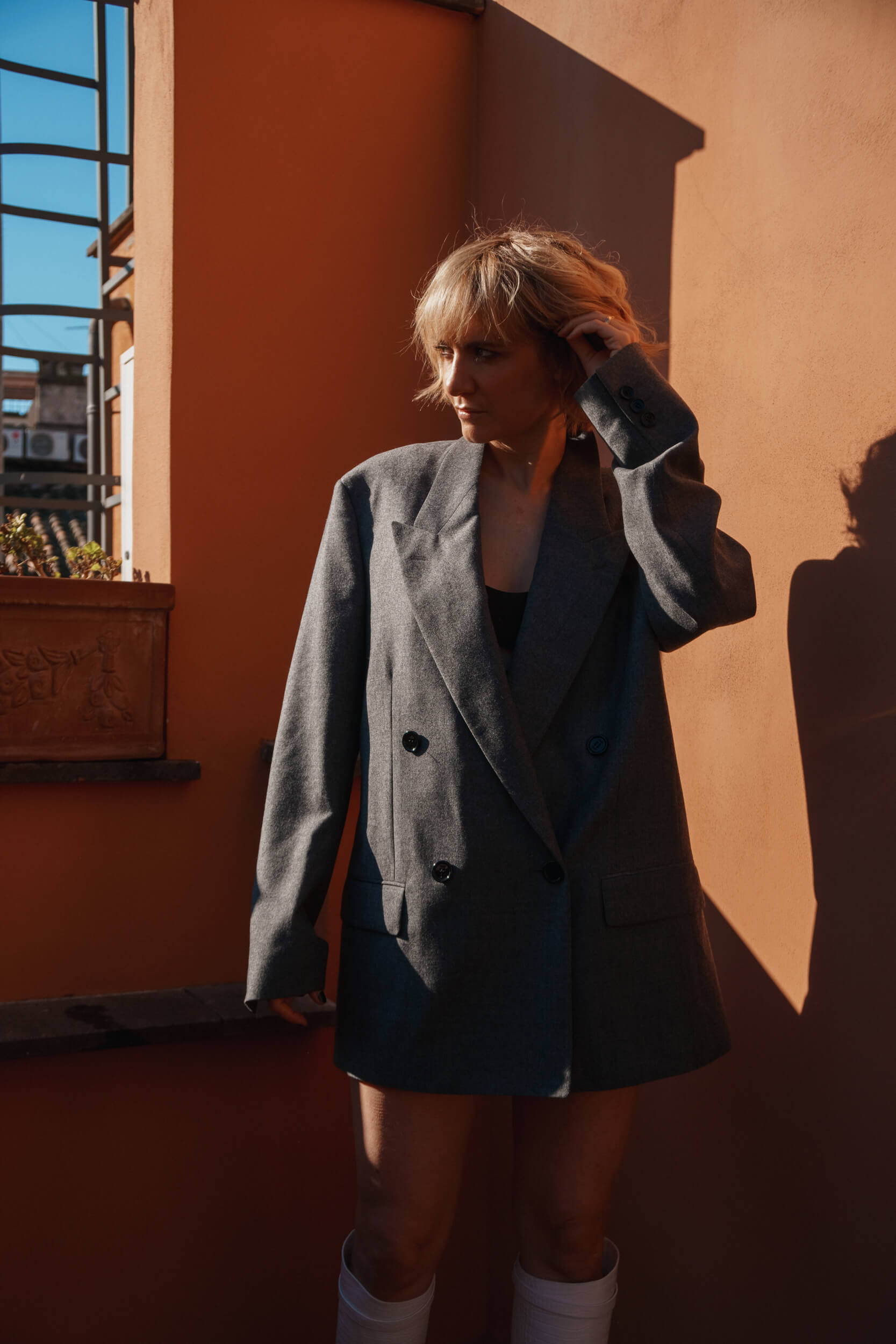
Why did you choose 1978 as the setting of the story, on the background of the kidnapping and murder of Aldo Moro?
1978 was the year in which they passed the law according to which disabled kids could attend public schools, it was the first step towards inclusiveness, the first of many others that are still to be made. If you talk about that year, you can’t but mention the Moro case, it would be like setting a story in March 2020 and not mentioning Covid.
The theme of diversity is tackled throughout the whole book, but “difference” is not always a synonym for “otherness…”
Exactly, diversity is only in the eyes of who’s watching, not in the person who’s being watched, it’s a human limit that has to be overcome. We need education, a lot of education.
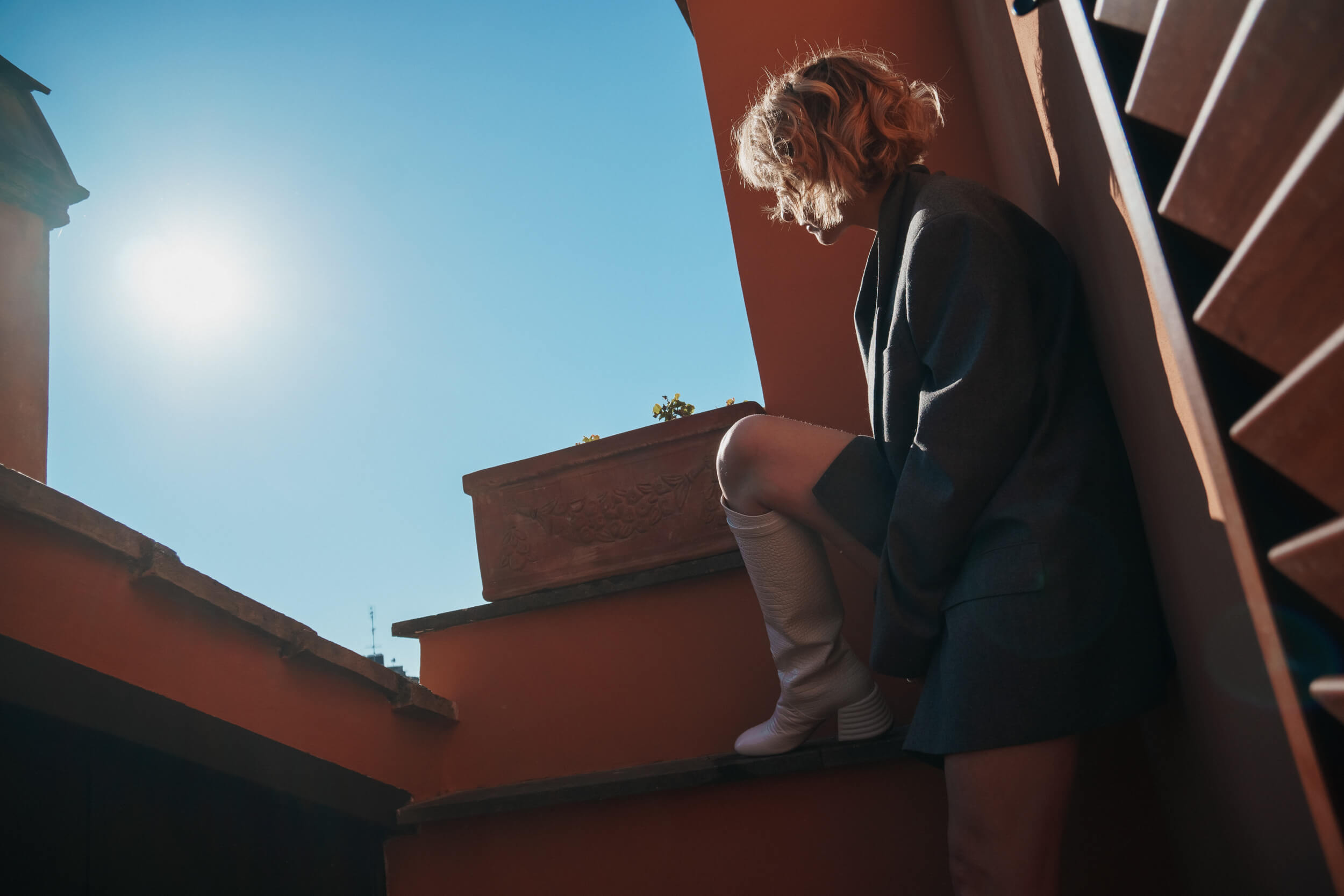
“…diversity is only in the eyes of who’s watching, not in the person who’s being watched, it’s a human limit that has to be overcome.”
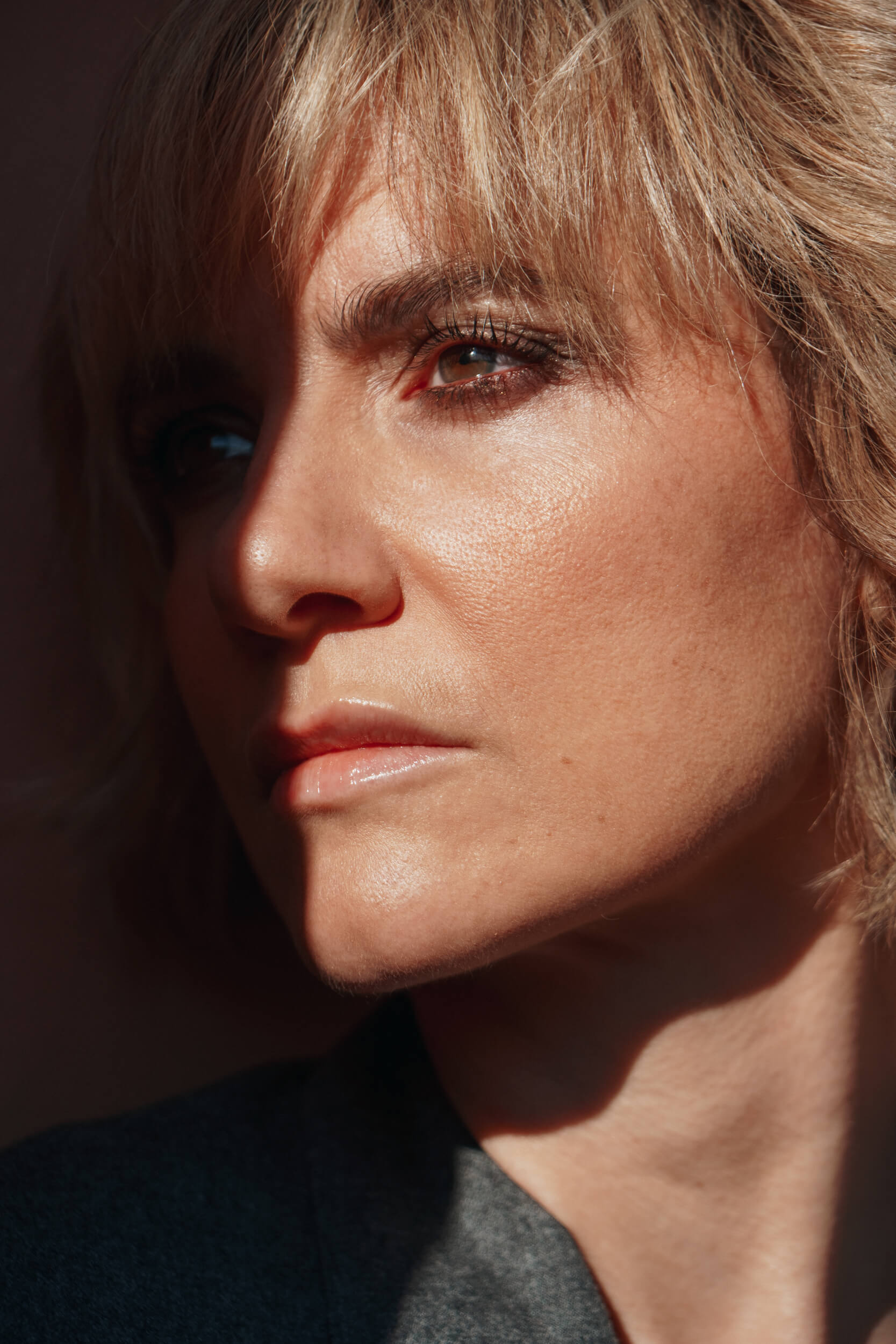
Have you ever felt “wrong?”
I often feel wrong, unfit for a certain situation. We need to accept that kind of feeling, as well, and then try and better ourselves and get over it.
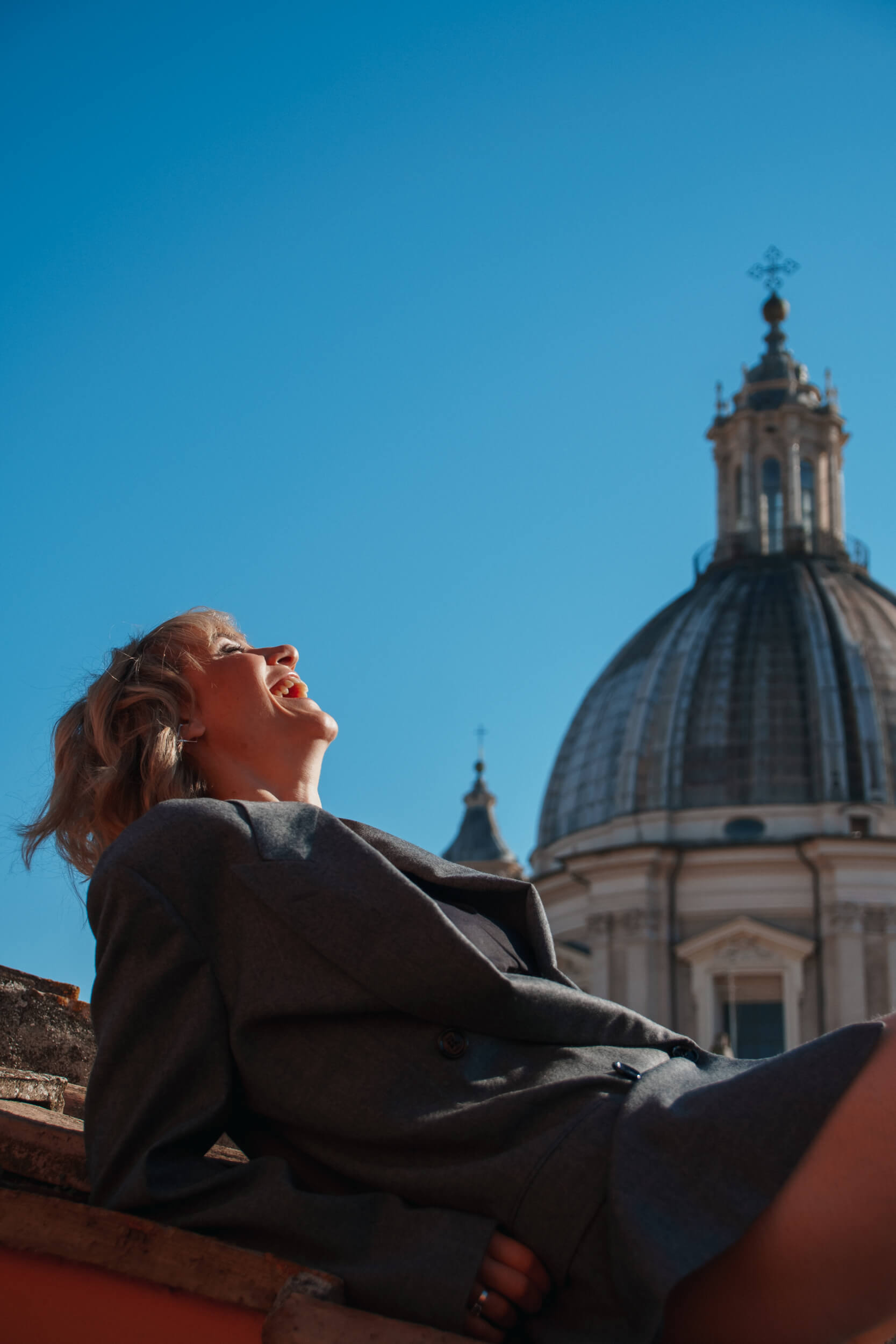
“Mom” is always spelled with a capital M. What’s inside and behind that capital letter?
There’s the Mom. For us, sons and daughters, parents don’t have a name, they’re just Mom and Dad, and that’s their first name, the one we call a thousand times a day and that we will call when we’ll be missing them after they’ll have passed away.
What did you find out about yourself while you were writing “La sorella sbagliata?”
That some wounds are still burning as if I just got hurt. That my memory is based on details. That I can finish up a project even if sometimes I stop and cry and feel like I want to give up. That I’m not scared.
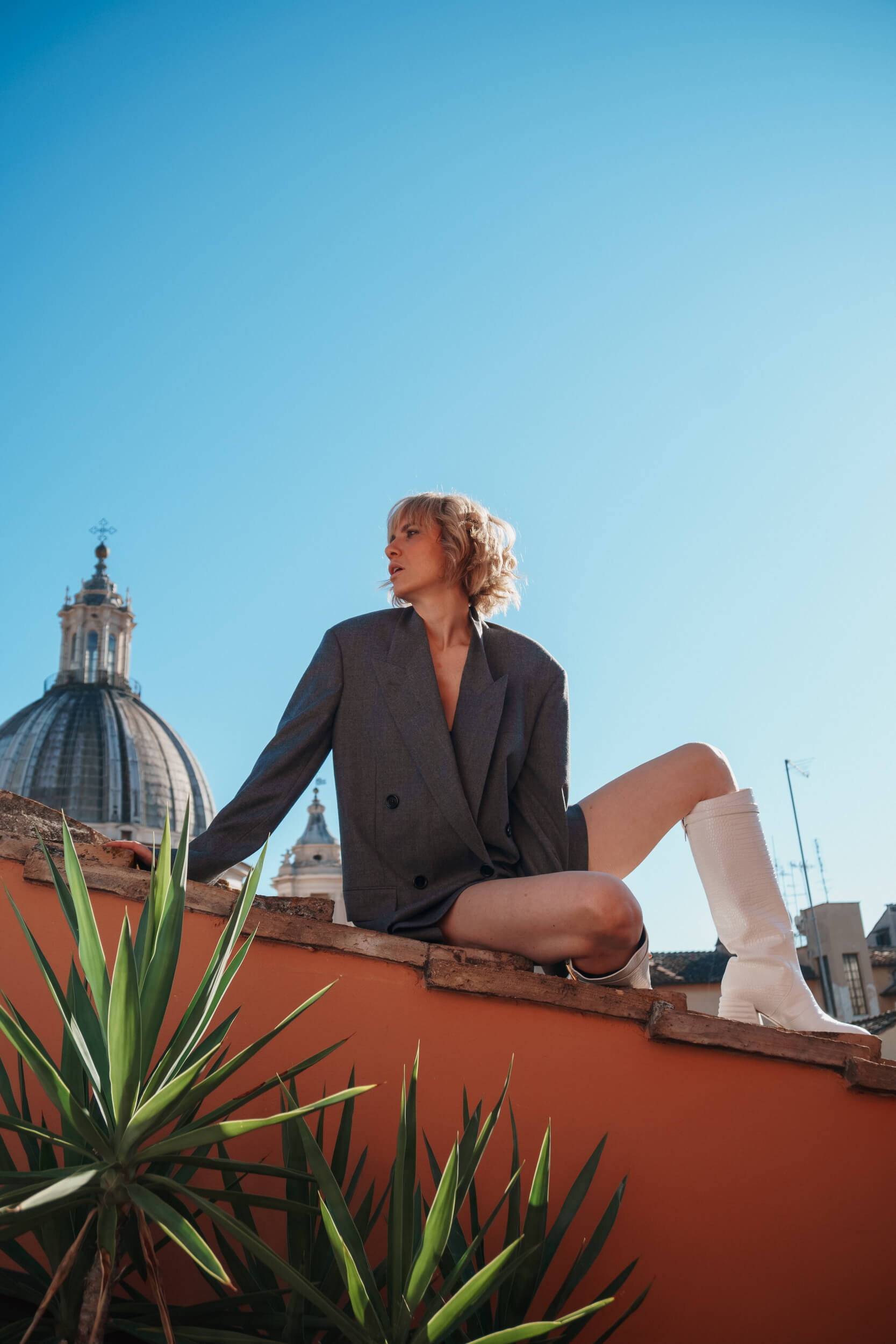
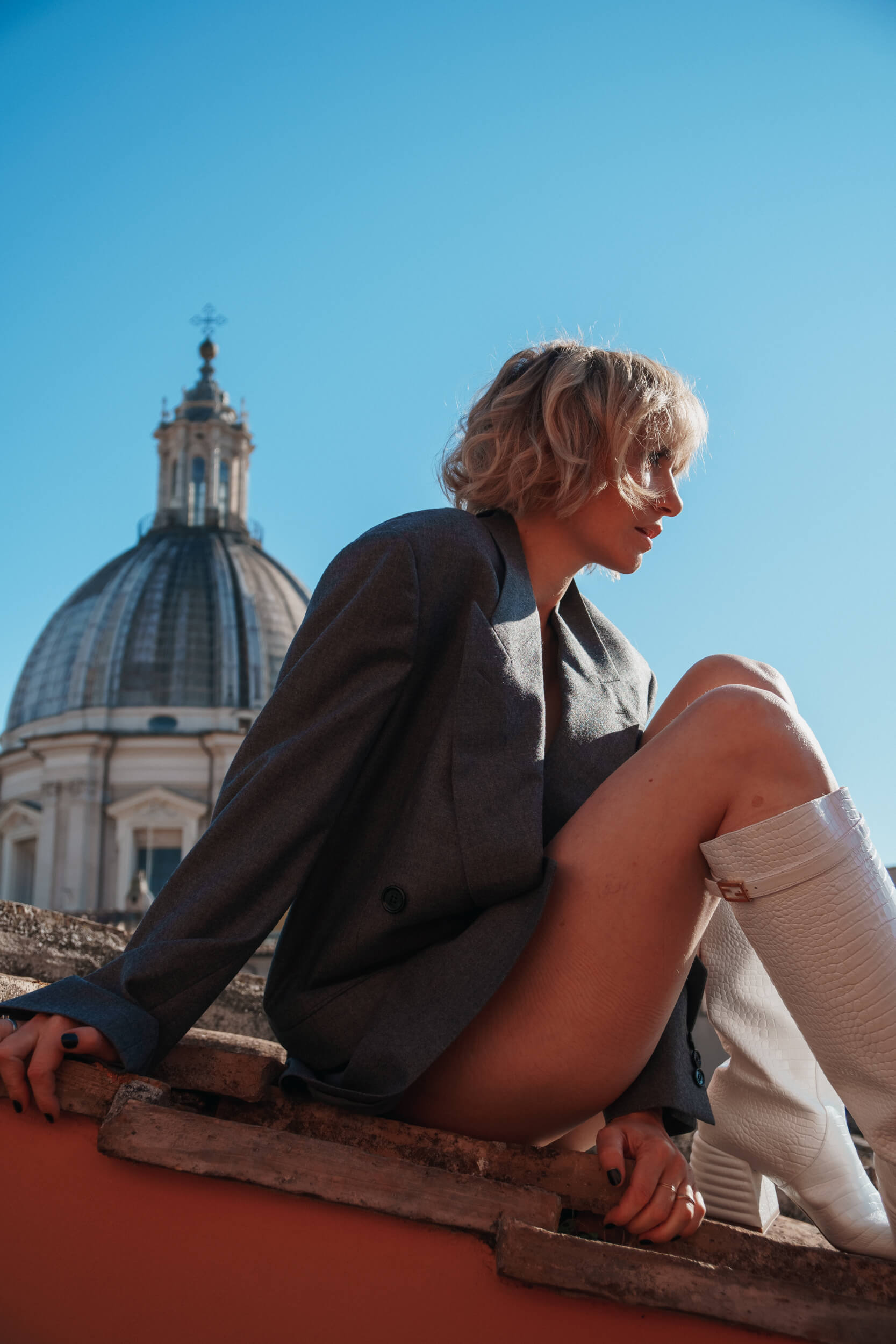
What does “feeling comfortable in your own skin” mean to you?
It means managing to balance your body and your mind.
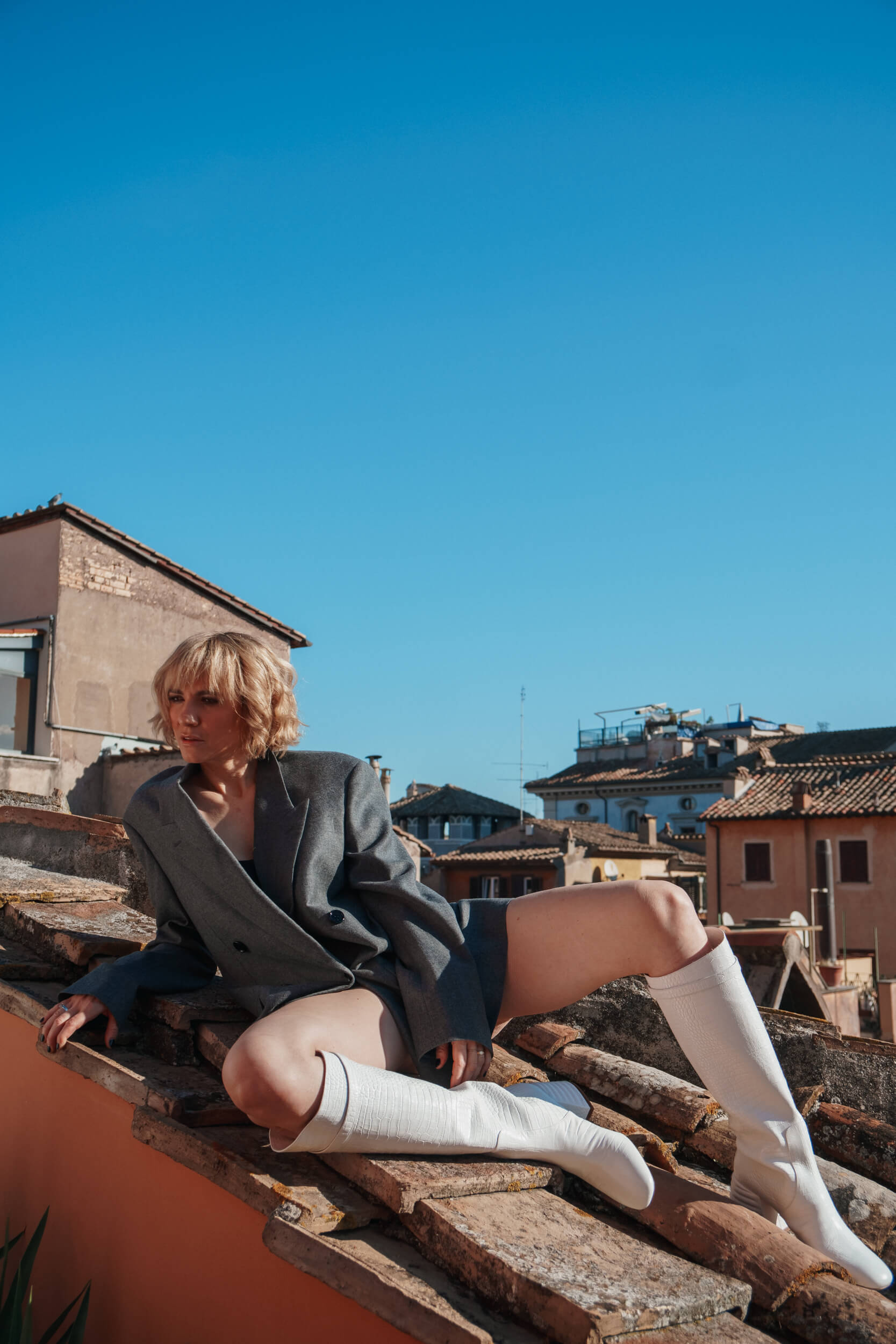
Would you like to see a movie adaptation of “La sorella sbagliata?”
I would love to because I’d like to see my work developed from a different artistic perspective.
Speaking of the big and small screen, how do you choose the projects to take part in?
Sometimes I can’t even choose because I need to pay the bills, but when I can, I always choose characters that allow me to be someone else, someone different from who I’ve already been, you should challenge yourself, otherwise acting becomes a job like any other.
Now you’re back on screen with the second season of “Il silenzio dell’acqua:” what should we expect from it?
I’m a huge fan of thrillers, I find it so exciting to be able to figure out who’s the guilty character, and I had the same feeling while reading the scripts of this second season. You should expect lots of twists and turns.
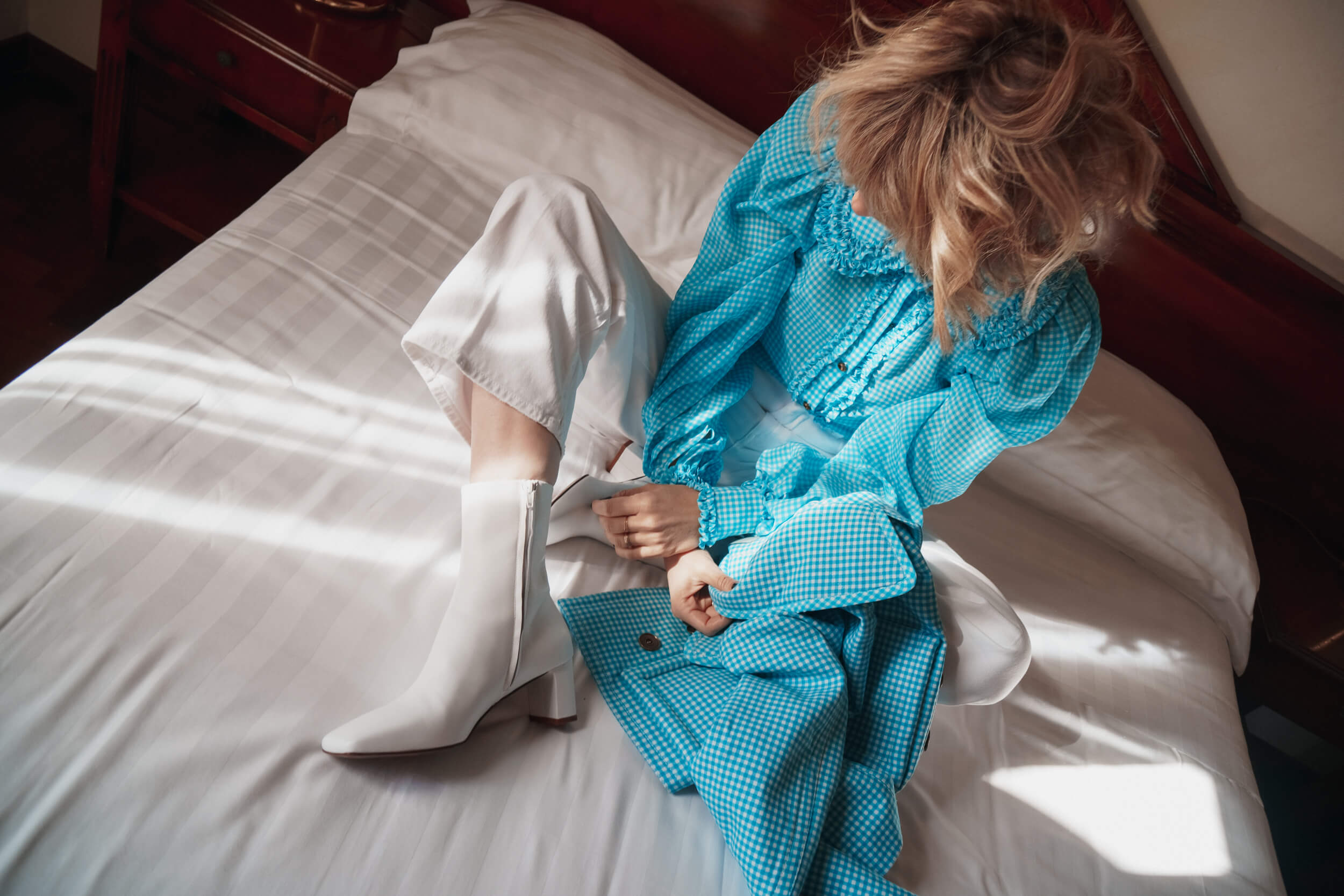
“I always choose characters that allow me to be someone else[…], you should challenge yourself, otherwise acting becomes a job like any other.”
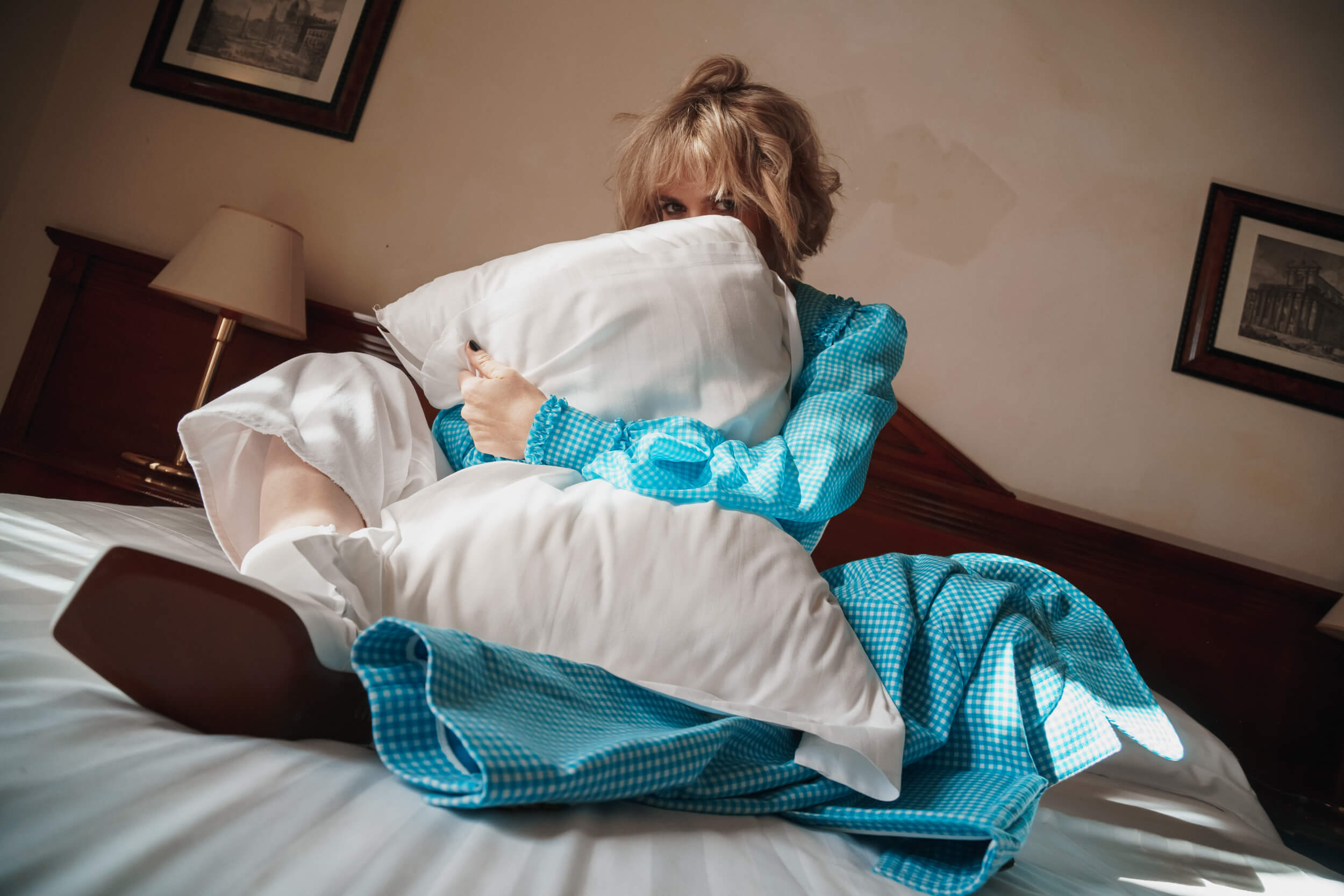
What kind of development have the characters experienced, and what happened to your character, Roberta, in particular?
This year, Roberta will have to deal with her past, which is something she’s never done her whole life, and she’s going to pay a high price for it.
What’s the feeling of going back to play the same character for a new season of a show?
I love seriality, it allows characters to live, to evolve, or to implode, to transform season after season as if they were real people.
“Il silenzio dell’acqua 2” in one word?
Disorienting.
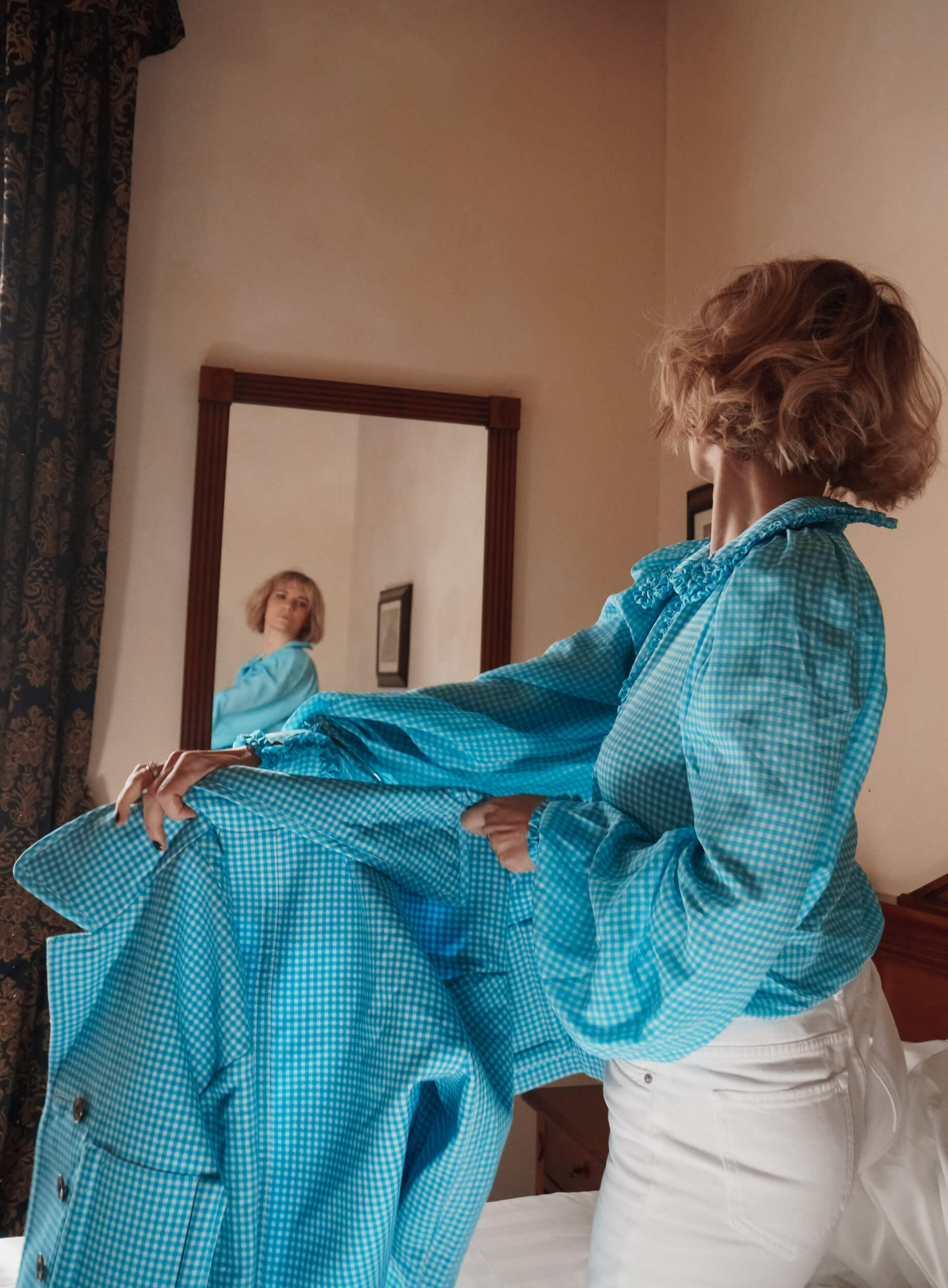
What other stories do you dream to tell?
All the imaginable and unimaginable stories.
The movie that you almost know by heart.
“Edward Scissorhands.”
What’s the book on your nightstand?
“The Soul’s Code” by James Hillman.
What’s the first book that you would suggest to someone, besides your own?
“Lives Other Than My Own” by Emmanuel Carrère.
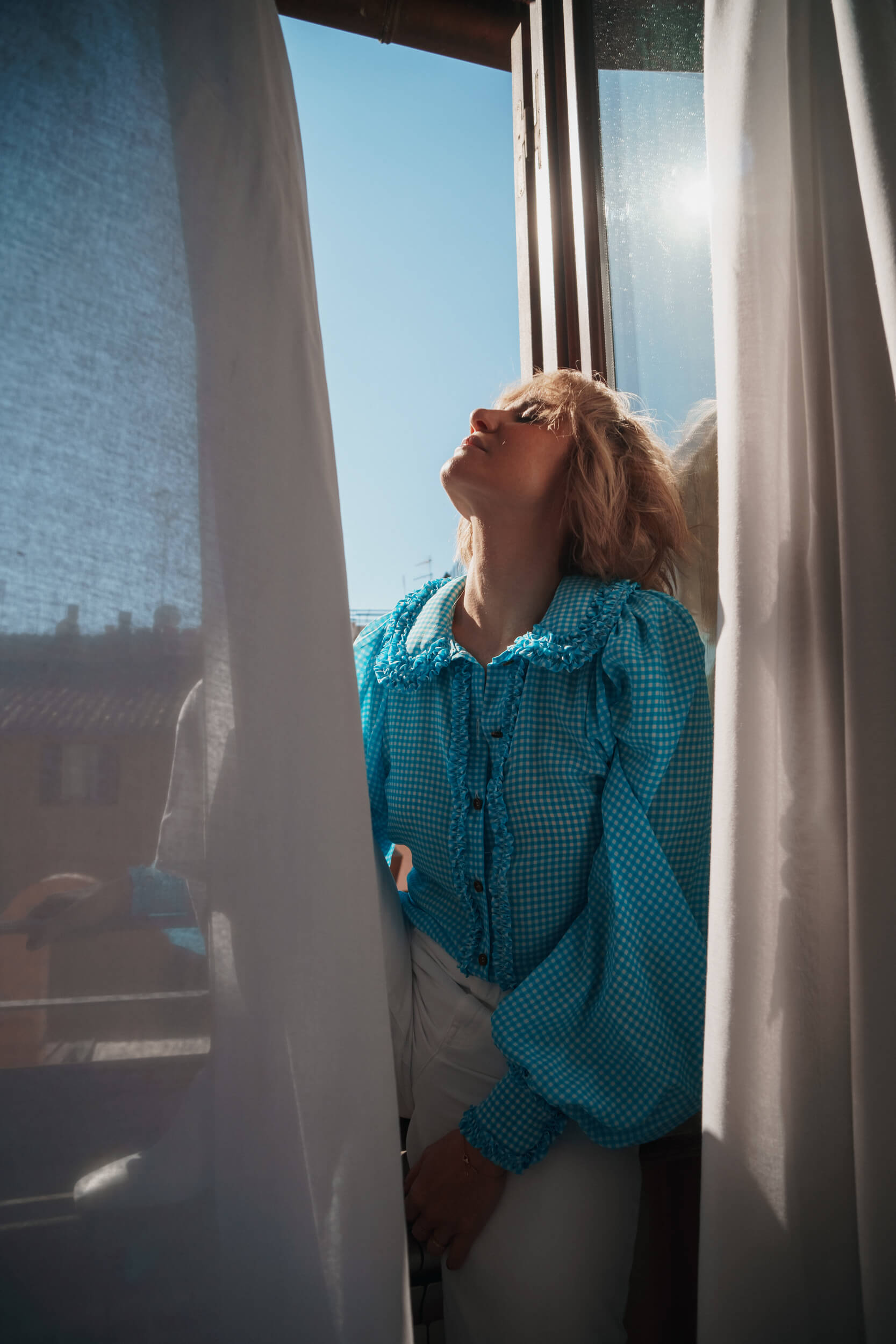
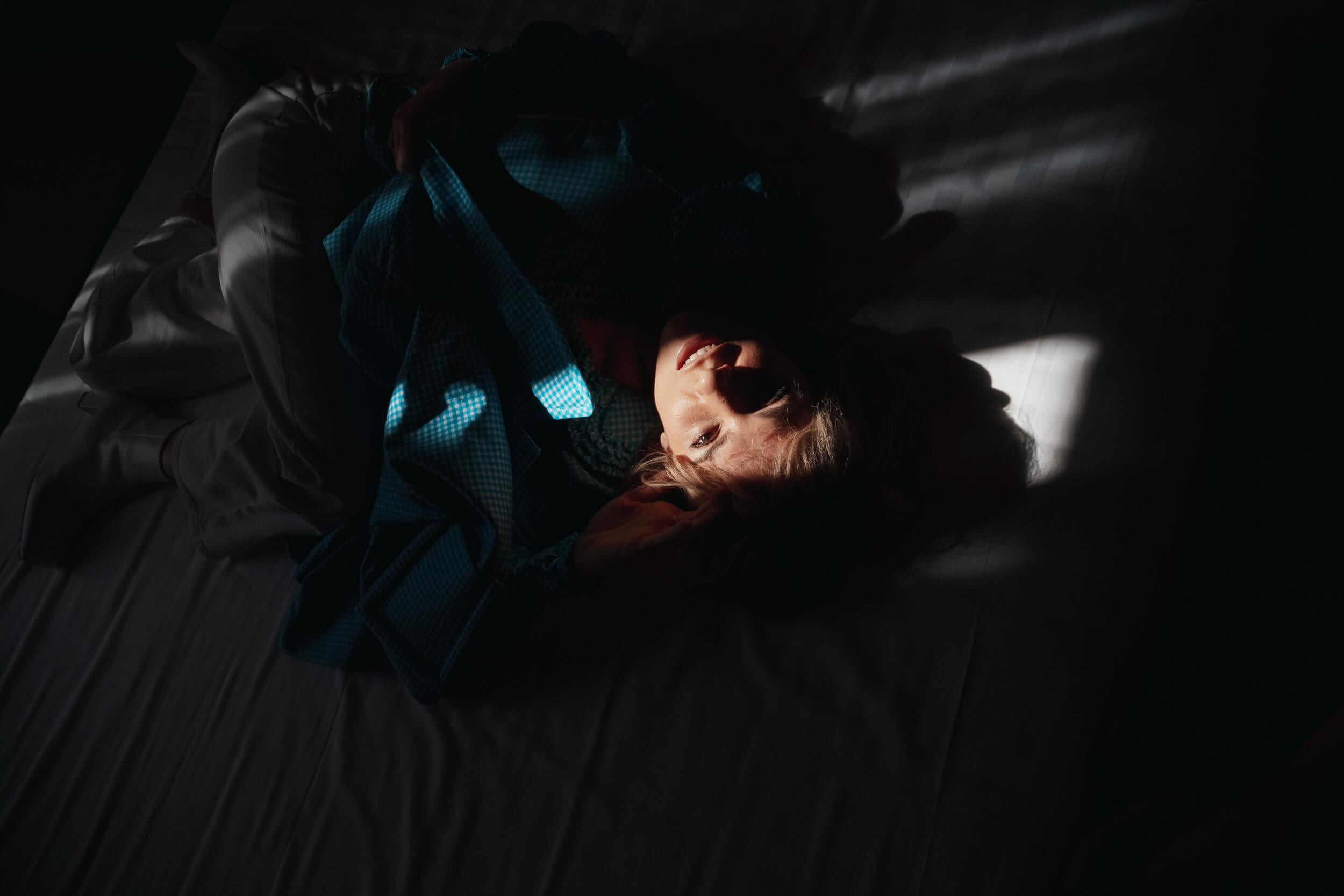
An epic fail on the job.
Epic fails are extremely painful, you remove them from your memory.
Your must-have on set.
A travel mug filled with water, ginger and lemon.
Your happy place?
My affections.
What is there in Camilla’s future? Another book, perhaps?
A new book, for sure, and then a house in the countryside with a little donkey.
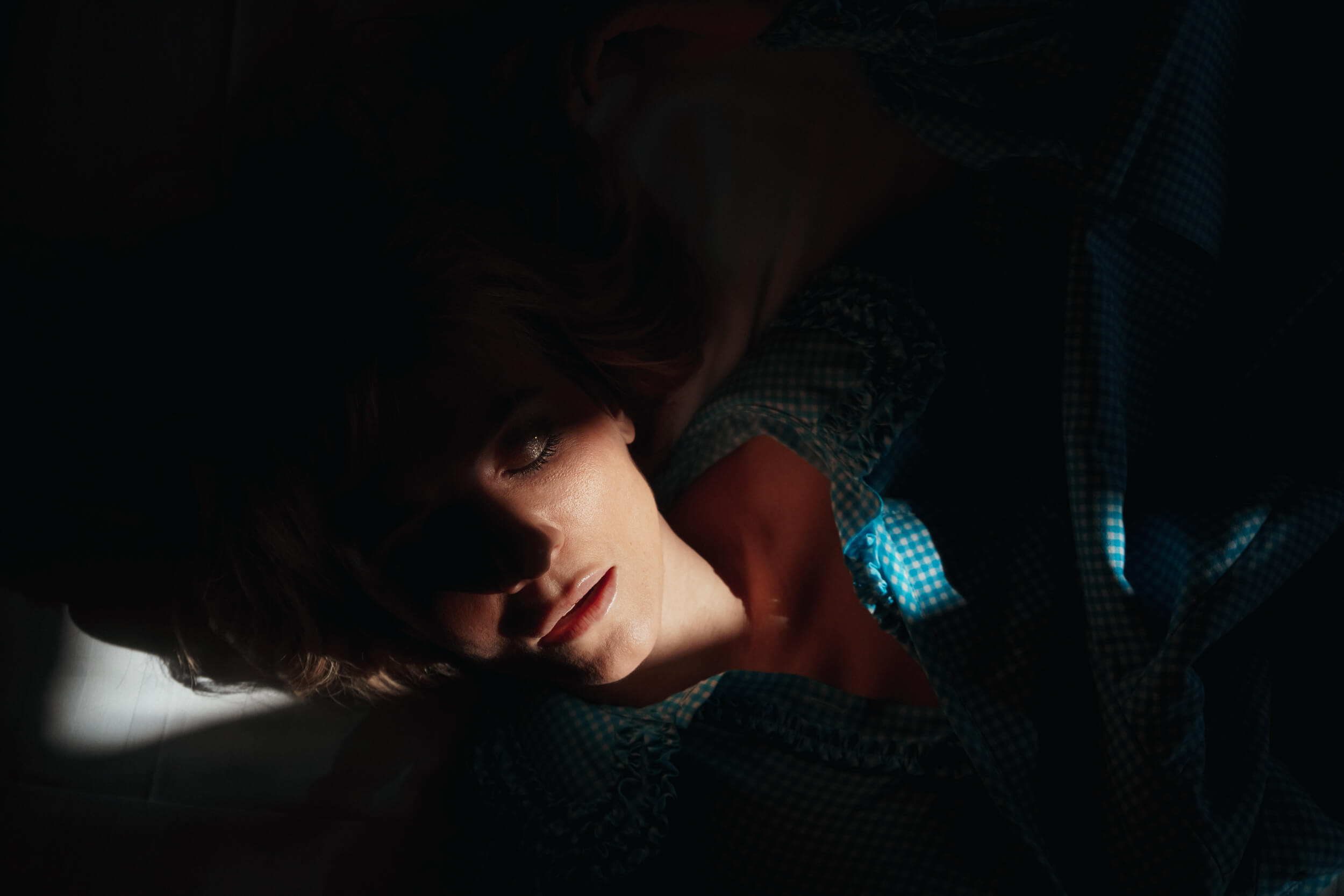
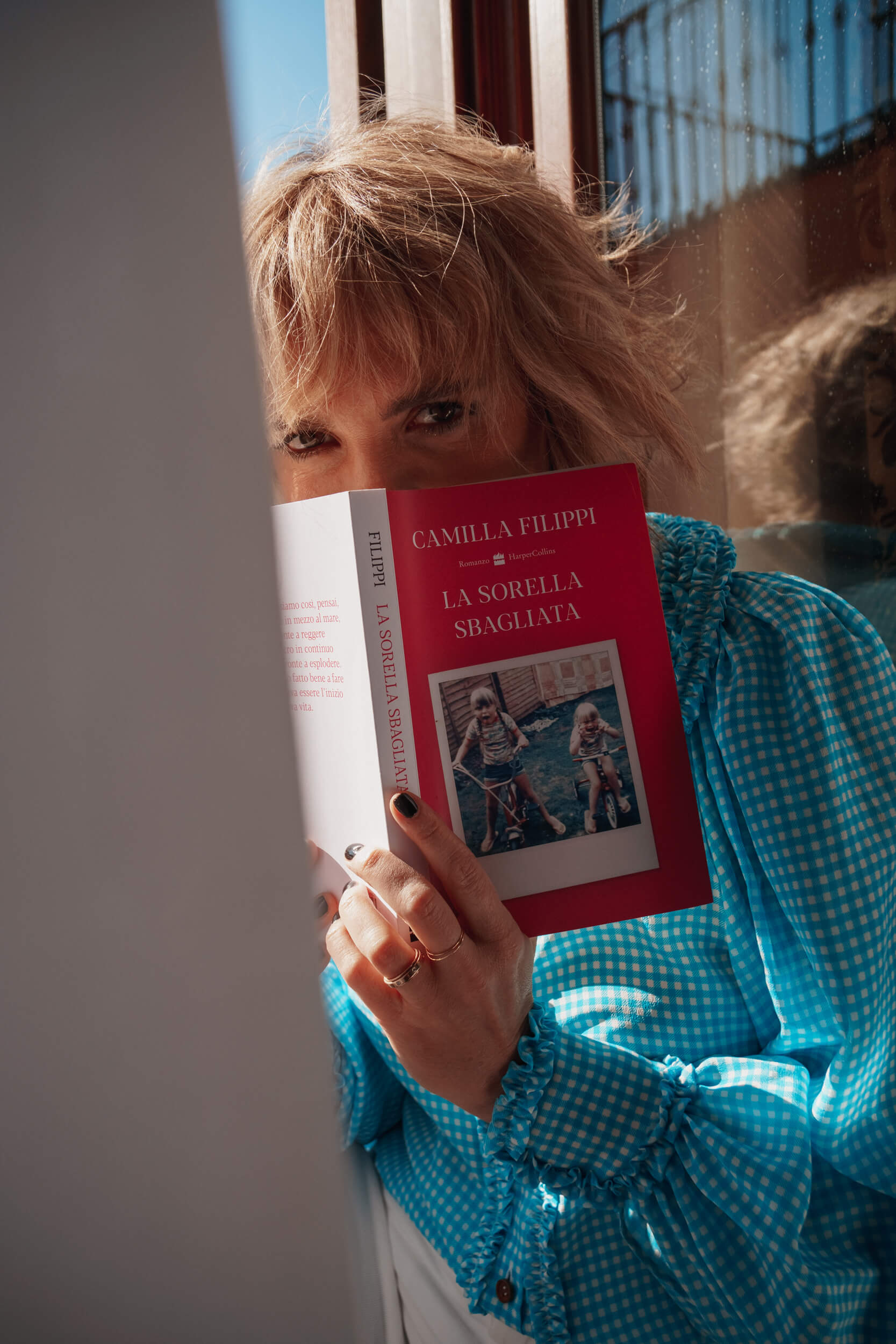
Photo by Johnny Carrano.
Thanks to Other.
Thanks to Hotel Teatro Pace.
Makeup & Hair by Chantal Ciaffardini.
Styling by Sara Castelli Gattinara e Vanessa Bozzacchi.
Styling assistant Claudia Senna
Thanks to Giusy Ghisalberti, Ceo Founder di Location di Charme.
Look 1
Total look: Fendi
Earrings: Giuliana Mancinelli Bonaccia
Look 2
Blouse: Fendi
Blazer: Fendi
White denim: Two Women Two Men
Boots: Unknown Footwear

